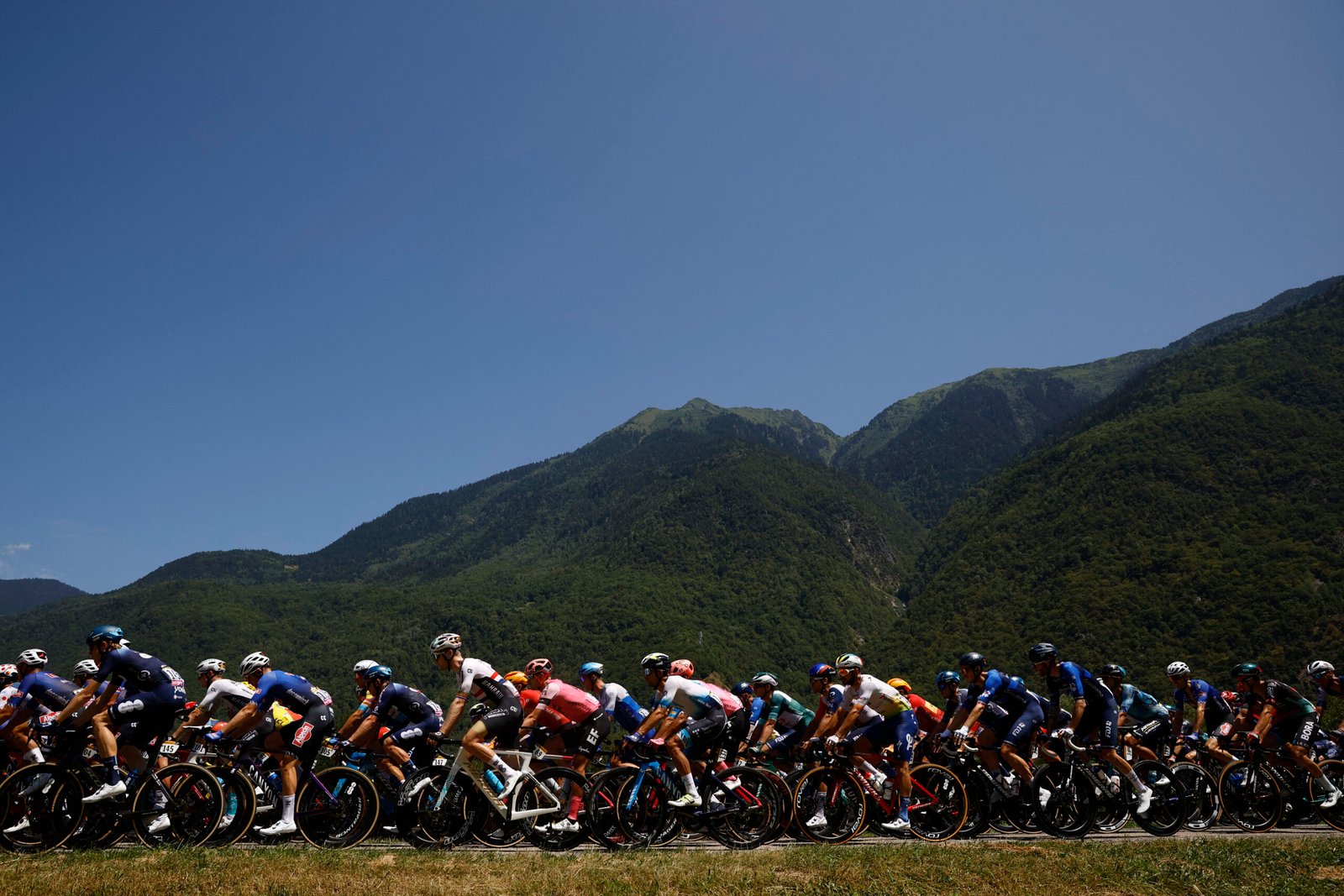An expert from Switzerland has stated that an anti-anaemia drug is posing a significant challenge in the fight against doping. However, he also mentioned that there is currently no miraculous solution that testers are aware of. Raphael Faiss, the Research Manager at the Centre for Research and Expertise in Anti-Doping sciences at the University of Lausanne, explained that the banned drug roxadustat is particularly problematic for anti-doping authorities. Faiss clarified that roxadustat has been available in the market since the early 2010s, primarily in Asia. He further explained that the drug stimulates the body as if it were at high altitude, promoting the production of red blood cells. Roxadustat has been detectable since 2017 and has a relatively short elimination half-life, making it difficult for anti-doping controllers to catch potential cheaters.
The article mentions that former tennis champion Simona Halep has been provisionally suspended since October 2022 after testing positive for roxadustat at the U.S. Open in the previous year. Halep has strongly denied knowingly taking the banned substance. Faiss also highlighted that athletes who frequently train in altitude camps for short periods of time raise suspicions as they are challenging to test.
According to the World Anti-doping Agency (WADA) whereabouts rules, athletes must provide a 60-minute time slot each day when they will be available and accessible for testing. They are also required to provide their home address and the location and time of their training activities to anti-doping authorities. Faiss pointed out that testing athletes who train in altitude can be challenging as they may only be accessible by cable cars, which may not operate at night.
The International Testing Agency (ITA), responsible for anti-doping tests in cycling since 2021, has dedicated testers working throughout the year on a pool of approximately 1,000 riders. The ITA has been conducting extensive testing during the Tour de France, where the overall leader Jonas Vingegaard has faced questions about trust in cycling due to his exceptional performances. Vingegaard has stated that he welcomes the scrutiny and has never taken any banned substances.
Olivier Banuls, head of the Cycling Unit at the ITA, explained that performance is one of the criteria used to target athletes for testing. He mentioned that Vingegaard’s performance has made him a particular target for testing. Banuls also mentioned that other criteria, such as biological passports and information from the Intelligence and Investigation Unit, are considered when selecting riders for testing. Vingegaard has been tested 18 times during the Tour de France, with 14 of those tests being non-random as the yellow jersey holder is tested once a day. Additionally, Vingegaard underwent eight tests in June, both in and out of competition. Banuls stated that they manage to test 95-96% of the scheduled riders.
If an athlete is not available during their designated 60-minute timeframe, they will not automatically be reported for a ‘no show.’ Instead, they will be flagged to the International Cycling Union’s legal department. The athlete will then have the opportunity to provide an explanation and evidence of their whereabouts, such as a restaurant receipt. If the explanation is unsatisfactory, it will be considered a ‘whereabouts failure.’ Three whereabouts failures within a rolling 12-month period can result in an anti-doping violation and a potential two-year suspension.
In conclusion, the use of the anti-anaemia drug roxadustat has posed a significant challenge in the fight against doping. Athletes who train in altitude camps for short periods of time are difficult to test, and the whereabouts rules established by WADA aim to ensure accessibility for testing. The ITA has been conducting extensive testing during the Tour de France, with a particular focus on the overall leader, Jonas Vingegaard. Performance, biological passports, and intelligence information are among the criteria used to target athletes for testing. The article emphasizes the importance of maintaining trust in cycling and the consequences of whereabouts failures in anti-doping efforts.
























